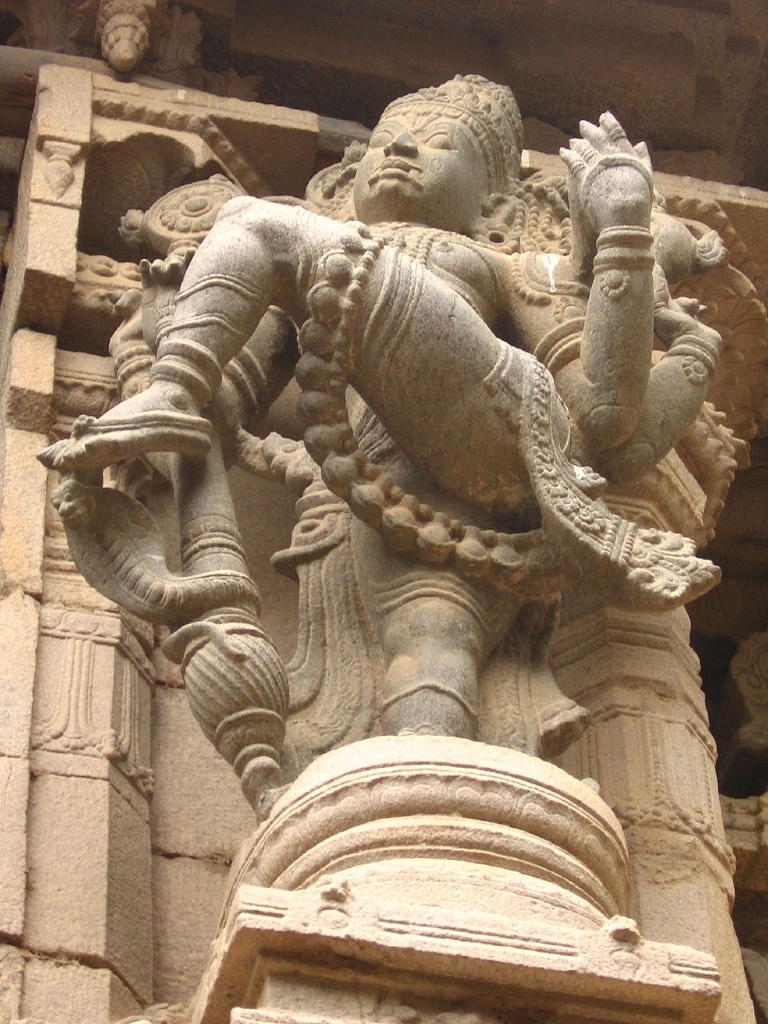Gatekeepers

A gatekeeper at the Srivaikuntanathan Permual Temple
"The Gatekeeper administers the first test."
I feel as if I might have wrestled the content piece of Authoring to a rough ground over the past week. The publishing software finally gave up her secrets and I assembled a second manuscript and commenced to reading into if not yet through it. I maintain a queue of future compilings and a rough process by which to achieve them. I feel a little bored, which suggests that it might probably be time for me to open another front in this Authoring effort, the front where I commence to contacting Gatekeepers. ©2022 by David A. Schmaltz - all rights reserved
Gatekeepers terrify me. Always have. Whether they always will might become the sub theme of this newly opening front in my Authoring effort. Remember how The Scarecrow approached The Great And Powerful OZ? That's me when even considering contacting a Gatekeeper. Who are these Great And Powerful Persons? They're just folks cast in powerful roles. They're the ones who accept submissions and pass initial judgement upon them. They're, in my mind, the Roman Prefect empowered to make life or death decisions, thumbs up or thumbs down, and all the crowd watching the games hang on the Gatekeeper's judgement. If he signals thumbs down, everyone else readily agrees, for they're at root a bloodthirsty lot. If he signals thumbs up, a force of nature rises up to ensure that combatant survives. He metes out dozens of thumbs down for every thumb up he grants. No wonder The Scarecrow loses his knees and leaves an embarrassing straw stain on the inside of his underpants.
I also know the Gatekeepers I do know to be entirely decent people. Wise in their way and almost cynically experienced. They are not easily impressed nor are they prone to making excuses. For them, it's not just business, but it's also business. They might reject a work because it's just not the sort they deal in, for each occupies a niche unique to their expertise and their perspective. One Gatekeeper rejected a colleague's work I'd championed by bemoaning that he only wished that he worked for a house that dealt in such beauty. Not all rejections feel like a small sharp knife through the heart, some come as reassurances. Each, though, to an author, come as commentary about their baby, and even a rejection of the ugliest child still feels preternaturally personal. Each rejection's an ouch.
Not, though, necessarily producing a wound that might not ever heal. The real purpose of a Gatekeeper might be to chase off the stuff in which a given publisher has no real business dabbling. Most raw manuscripts represent some speculation, some real risk. Many fewer than one in a hundred might ever recover the costs of publishing and distribution, and there's really no reliable way to determine which will flop and which might boom. Gatekeepers, though, develop a nose for the likely as well as the unlikely, and they will champion something that might not match an established mould if it exhibits a certain something that they might not even be able to describe. It's magic when this happens. Magic does not happen very often, yet, in the winnowing central to all creative efforts, the Gatekeepers tend to keep the process honest. If a work looks as if it might work, they'll at least consider it further. If they cannot see its relevance, and quickly, it's gone and forgotten. Few outcomes could be worse than granting acceptance to a manuscript that could not work, and very few of them appear likely to work very well at first.
There are few reliable ways to dress up a piece of crap to look and smell much better than it is. In spite of efforts expended to make a work look perfect, a work's true nature tends to shine right through any packaging or promotion. The slicker, the worse. A canny Gatekeeper—and they're all canny—sees right through the presentation. She's sensitive to tells. She know that no work could possibly qualify as a Be All or End All Work, and she'll insist that the submitting author know why they wrote it and for whom. She wants to know how the author proposes connecting with their broader audience, for the author remains the first champion of any work, and inevitably the best. The Gatekeeper administers the first test. It's Pass/Fail. They just get harder from there.


